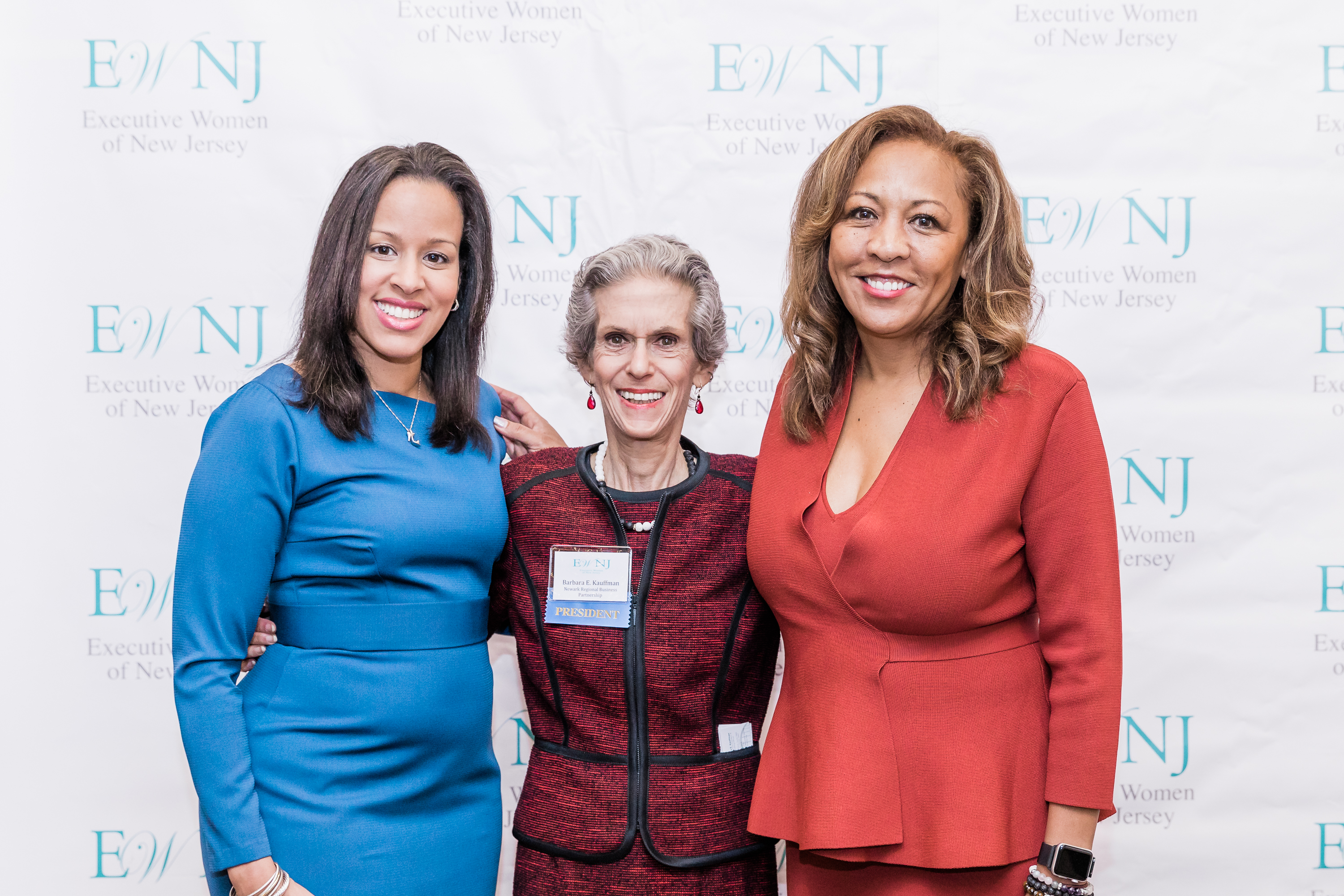It was a moment that many of us on a call could imagine; a woman executive having to keep herself on mute during a conference call because she did not have coverage for her young child, who was having a meltdown. Many working women, particularly single mothers, have to worry about meal preparation, home schooling, schoolwork assistance, and deciding what interactions are “necessary” to allow for their older children, and much more.
These are some of the stories highlighting the challenges that women are facing while working from home during this period of social distancing. As the President of Executive Women of New Jersey (EWNJ), I lead an organization that is comprised of women who work at the executive level and represent a wide range of industries, from law to healthcare, utilities, and insurance. As senior leaders in their organizations, they must make critical business decisions under amplified pressure during this crisis, while managing increased challenges to work-life balance. In many ways, organizational culture is breaking down and being reformed and I believe that the needs of working women should be central to the emerging work culture.
Women leaders are deeply aware of their privilege to be employed at this time when so many are not, and this drives them to work harder to maintain a high level of productivity. However, I’m hearing from women executives across industries that they are struggling to cope with the overlapping needs of work and home. In response to the needs of our members during this crisis, EWNJ recently launched “Women Wednesday,” a webinar created for our members to share the difficulties they face as working women. During this period of social distancing, the many worlds that women must navigate have all collided in their homes. Many women are dealing with the additional responsibility of homeschooling restless children, managing mealtimes, checking in on elderly parents and relatives, all while managing executive teams and the many challenges that come with transitioning to working from home. The pandemic is only serving to exaggerate disparities that already existed for women leaders.
Our 2019 report on corporate gender diversity illustrates that women are immensely valuable to a business’s bottom line. Companies with diverse corporate boards and senior leadership have better financial and operational outcomes than those with fewer or no female leaders. Companies with 3 or more women on their boards have better corporate governance — fewer instances of fraud, bribery, other forms of corruption, harassment, and shareholder battles. However, because women are much more likely than men to be the primary caretakers in their homes, I believe that we need a work culture that values non-traditional working hours and flexible scheduling.
Regardless of socioeconomic status, women are responding to COVID-19 by doing what they have always done: working significantly harder to demonstrate their value, including working late into the evening after young children are in bed. Unless women have financial resources, flexibility, and support, it is virtually impossible to effectively manage the demands of work and home. In this time of uncertainty, we need to center the needs and challenges of working women.
Working longer hours is not an effective or sustainable solution to the increasing demands from both work and home while we are all navigating a global pandemic. Because this is not business as usual, leaders need to re-evaluate their plans to see what activities are relevant to this new normal. Whether it’s the organization’s strategic plans or annual deliverables, organizations may need to pivot to make the best use of their employees’ time at this moment. They can offer wellness activities or mental health support services. They can also offer free subscriptions to online activities that can help to keep children busy or organize a group rate for meal deliveries for their team. Most importantly, before implementing any new policies or ideas, organizations need to ask the working mothers what would be useful to them, not just as employees of the company, but as human beings.
We know that when accessibility increases for one group, it benefits us all. COVID-19 is showing us that our 24/7 work culture is not sustainable for anyone. We have a unique opportunity to make positive changes in the way we all approach the idea of balance. In order for women to make their best contributions at work, they should lead the way in defining an emerging work culture that works for everyone. Many companies have already begun to take a flexible approach to how their employees are adjusting to this ‘new normal’ and this awareness of needs must continue when we return to our offices.


